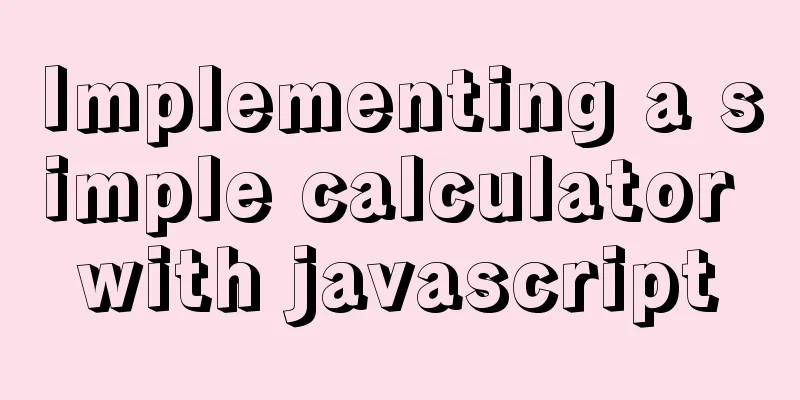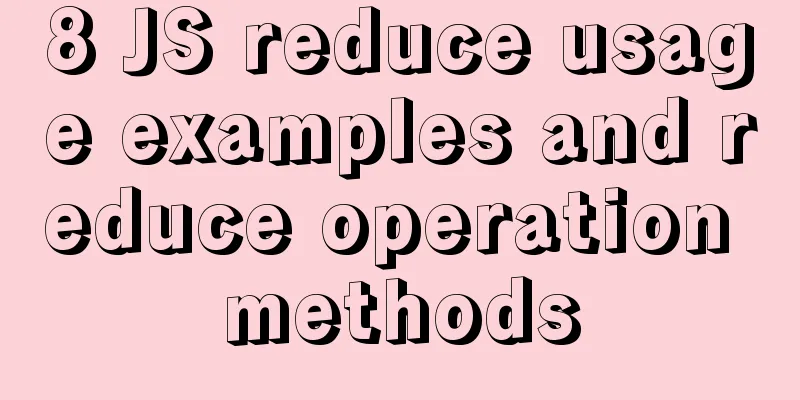Mysql 5.6 "implicit conversion" causes index failure and inaccurate data

|
background
Let's take a look at the results of the execution
In the above description, we also need to note that the string in your where condition must be all numbers without single quotes. Otherwise it will report an error
It is also possible that the data found is not the data we want. As shown below
analyze
As shown in the figure above: 1054 - Unknown column '000w1993521' in 'where clause', Time: 0.008000s Let's first look at the execution process of a SQL
(Online picture)
Implicit Conversion 1. Conditions for generation <br /> When an operator is used with operands of different types, type conversion occurs to make the operands compatible. Implicit conversion occurs when:
2. Analyze the actual situation encountered 1. Then it is clear to us that the example I mentioned above is the comparison between integers and strings, which belongs to other cases. Then let's first analyze the reasons for index failure
2. Query the unmatched values (or partially matched values), as shown in the query results above. You really need to look at the source code, this is the implicit conversion rule of MYsql. I won’t analyze it in detail here (because no relevant documents were found)
refer to This is the end of this article about the index invalidation and inaccurate data caused by MySQL 5.6 "implicit conversion". For more information about index invalidation caused by MySQL 5.6 implicit conversion, please search 123WORDPRESS.COM's previous articles or continue to browse the following related articles. I hope you will support 123WORDPRESS.COM in the future! You may also be interested in:
|
<<: Detailed application of Vue dynamic form
>>: Detailed explanation of docker version es, milvus, minio startup commands
Recommend
Vue implements chat interface
This article example shares the specific code of ...
Detailed explanation of the function and usage of keepAlive component in Vue
Preface During the interview, many interviewers m...
HTML cellpadding and cellspacing attributes explained in pictures
Cell -- the content of the table Cell margin (tabl...
Example code of how CSS matches multiple classes
CSS matches multiple classes The following HTML t...
Some thoughts and experience sharing on web page (website) design and production
First, before posting! Thanks again to I Want to S...
MySQL 5.7.12 installation and configuration tutorial under Mac OS 10.11
How to install and configure MySQL on Mac OS 10.1...
How to insert pictures into HTML pages and add map index examples
1. Image formats supported on the WEB: GIF: can s...
Detailed explanation of the installation commands and usage of Docker and FastDFS
Docker Features 1) Quick to get started It only t...
Randomly generate an eight-digit discount code and save it to the MySQL database
Currently, many businesses are conducting promoti...
Detailed steps to download Tomcat and put it on Linux
If you have just come into contact with Linux, th...
Analysis of 2 Token Reasons and Sample Code in Web Project Development
Table of contents question: There are 2 tokens in...
Detailed introduction to CSS font, text, and list properties
1. Font properties color, specifies the color of ...
Axios secondary encapsulation example Demo in the project
1. Why do packaging? Facilitates overall code cal...
Windows Service 2016 Datacenter\Stand\Embedded Activation Method (2021)
Run cmd with administrator privileges slmgr /ipk ...
Vue3 (III) Website Homepage Layout Development
Table of contents 1. Introduction 2. Actual Cases...













